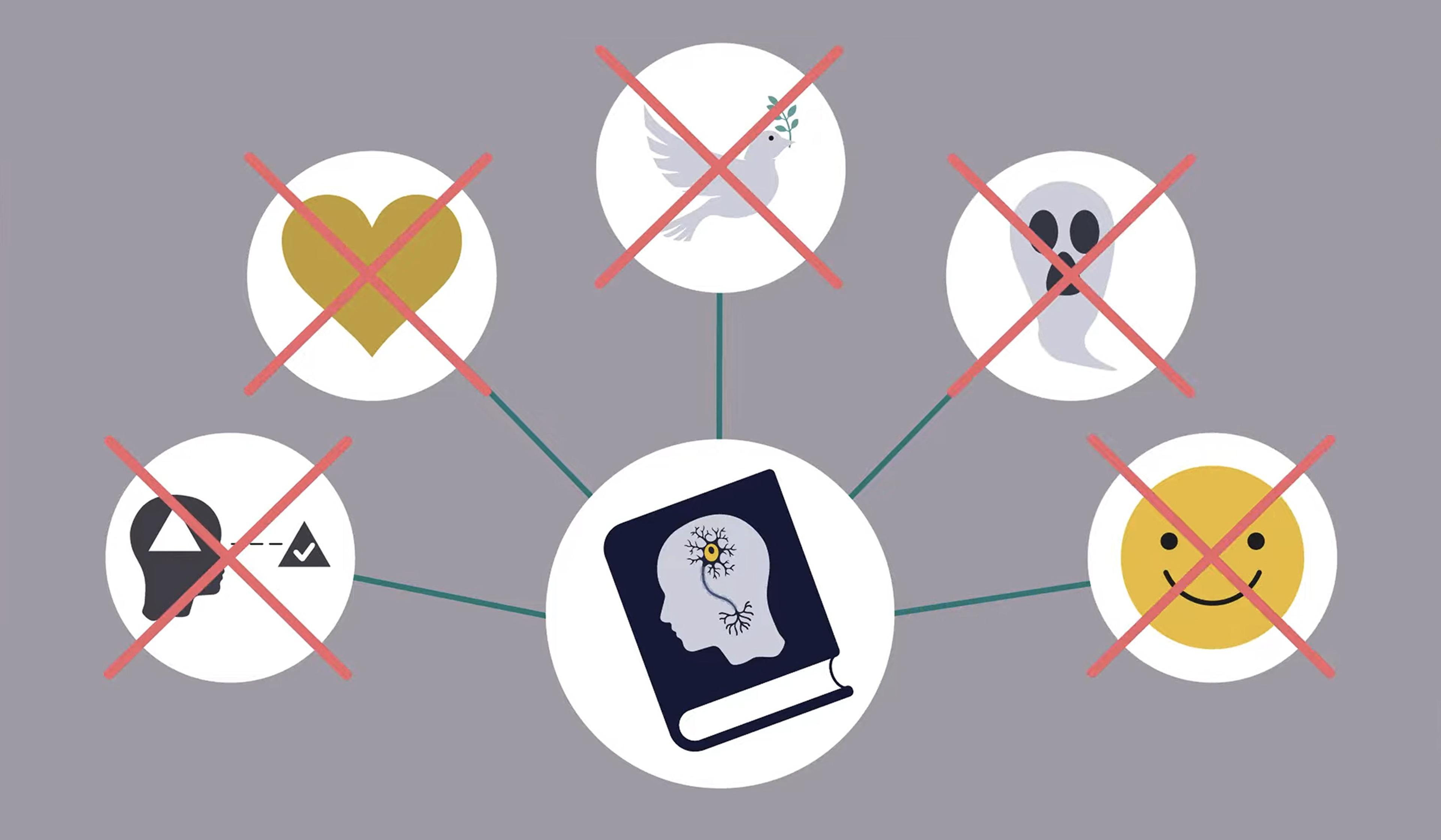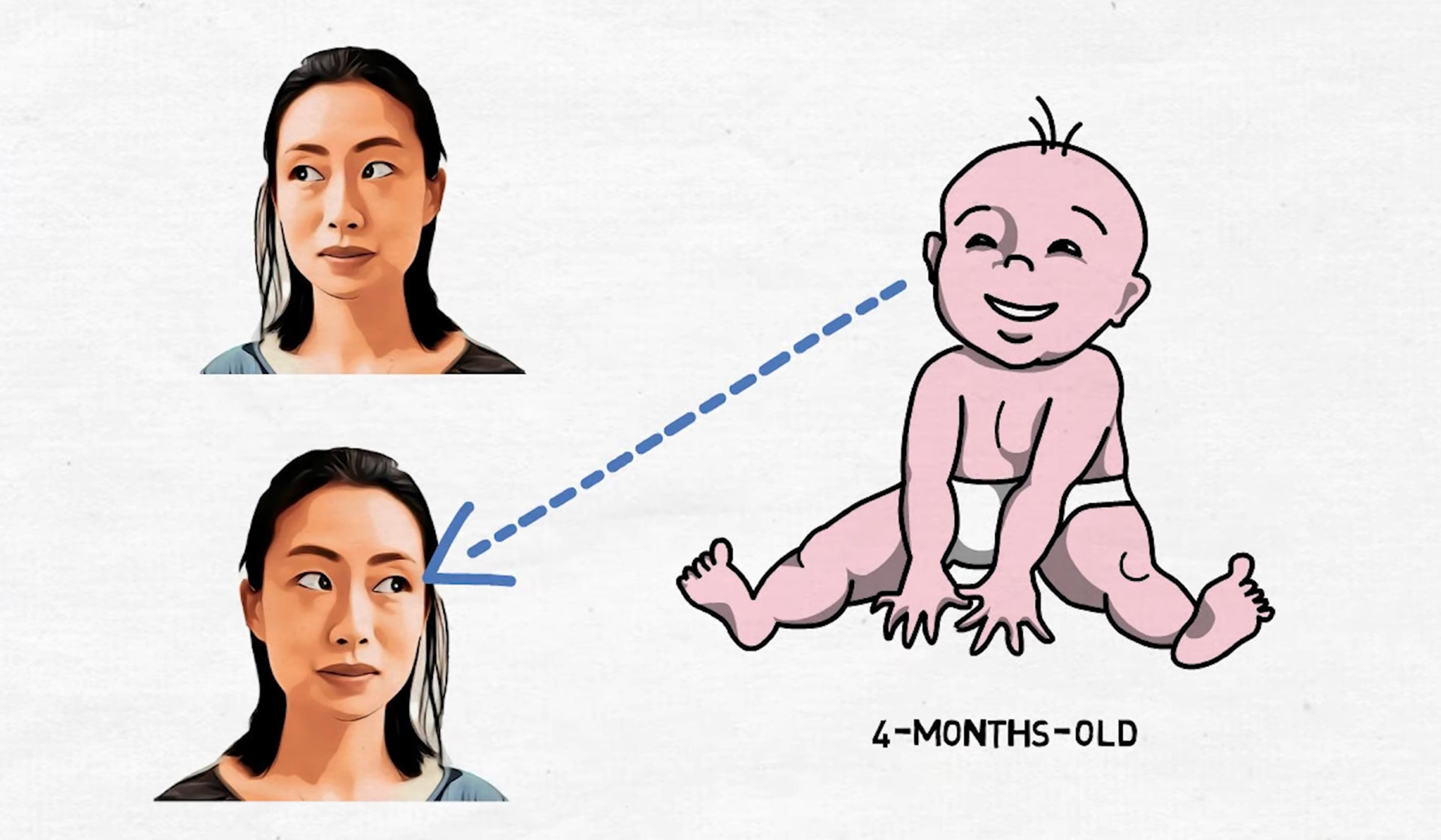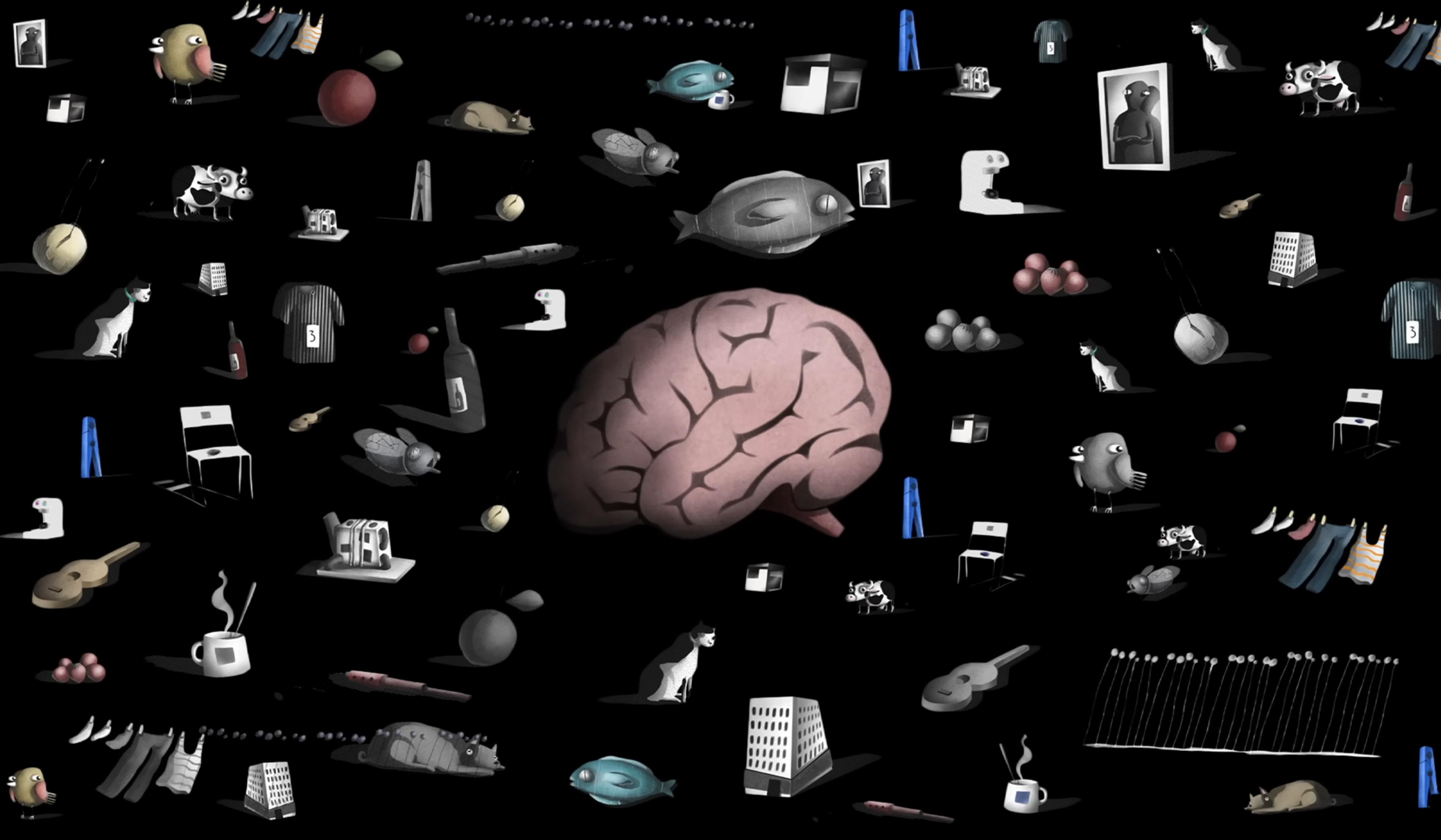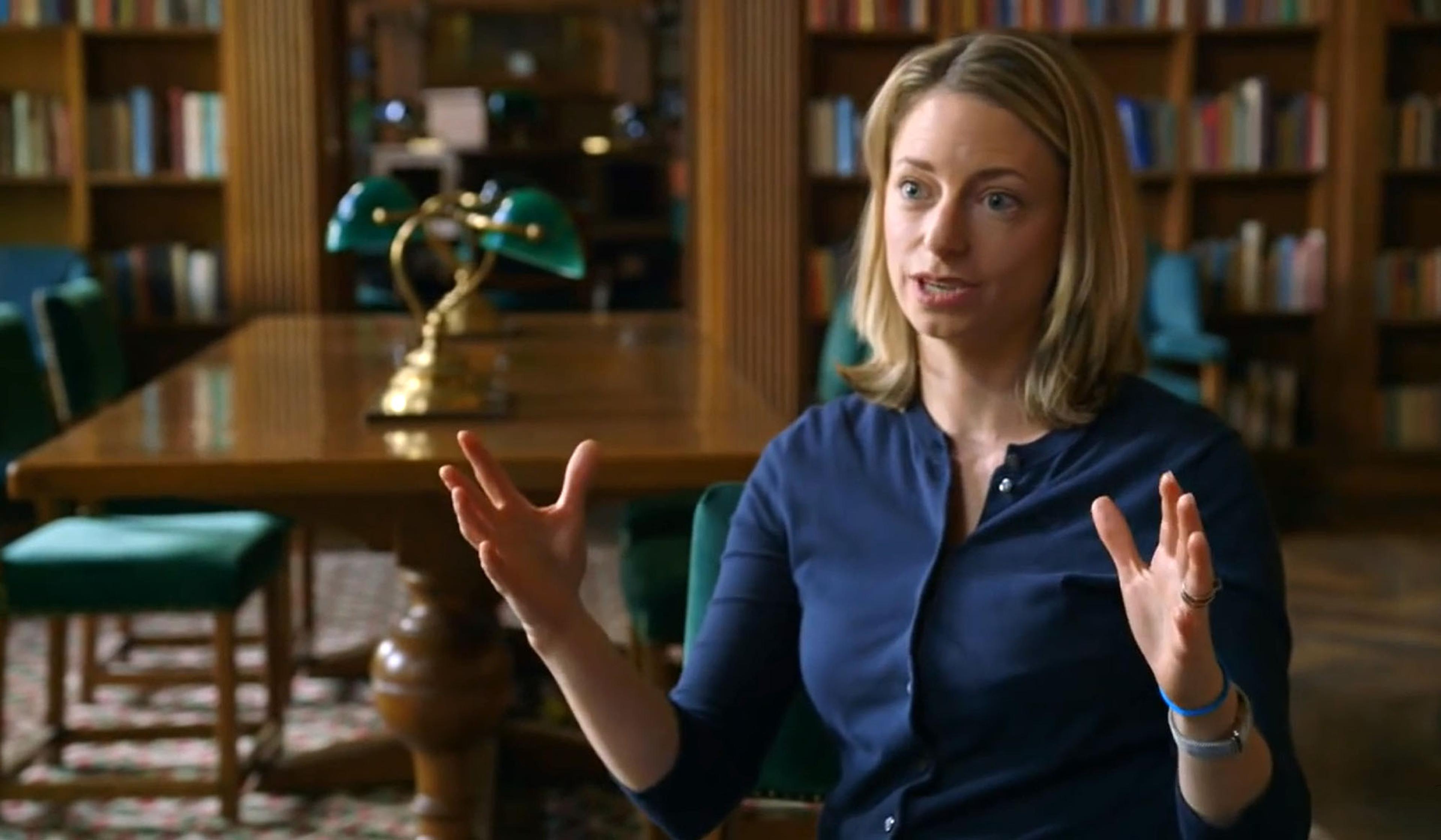In the 19th century, the Viennese physiologist Franz Joseph Gall placed a formidable thumb on the scales of the ‘nature vs nurture’ debate when he proposed a simple – and, as we now know, false – solution to the age-old conundrum. Everything you need to know about someone’s character, he argued, could be predicted by the shape of different brain regions – and by extension, the contours of their head. That phrenology, as it became known, was built on conjecture rather than empiricism was clear to a great many scientists of the era. Still, it caught on in the public consciousness, and often with sinister consequences. This animation from BBC Reel provides a brief history of phrenology, shedding light on why facile solutions often gain traction over rigorous empiricism, and how pseudoscience can sometimes open gateways for the real thing.
The ‘dangerous nonsense’ of phrenology shows how pseudoscience takes hold
Video by BBC Reel

videoPhilosophy of mind
Embodied cognition seems intuitive, but philosophy can push it to some strange places
14 minutes

videoPhilosophy of science
What toddlers can teach us about how the human brain does science
10 minutes

videoCognition and intelligence
Leaping from firing neurons to human behaviour is tempting, but it’s a perilous gap
3 minutes

videoPhilosophy of mind
Do we have good reasons to believe in beliefs? A radical philosophy of mind says no
5 minutes

videoNeuroscience
What will we do when neuroimaging allows us to reconstruct dreams and memories?
4 minutes

videoHuman evolution
Can a tiny slice of mouse brain help us understand the complex human mind?
3 minutes

videoPhilosophy of mind
Forget babbling and toddling – mindreading is babies’ most incredible skill
7 minutes

videoLogic and probability
Is it more likely you’re a person with a past, or an ephemeral brain in a void?
6 minutes

videoNeuroscience
The brain repurposed our sense of physical distance to understand social closeness
5 minutes